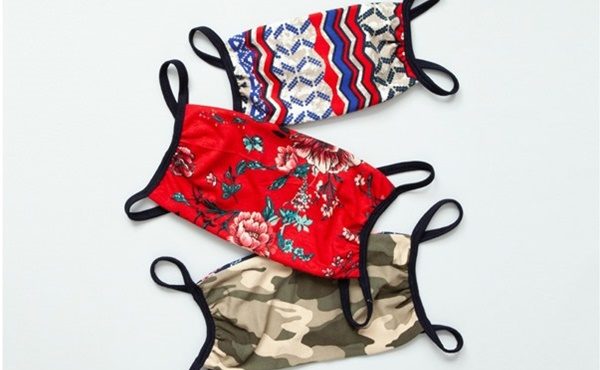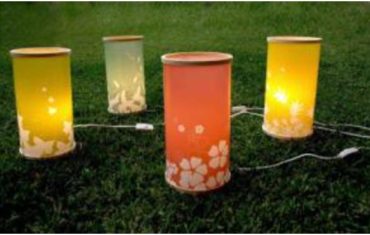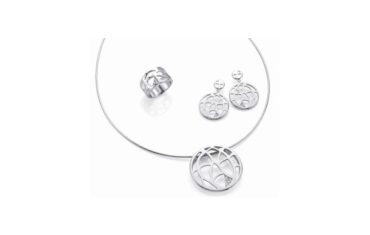While we can finally see some light at the end of the tunnel, businesses have tried to stay afloat by reinventing themselves, ie pivoting.
To pivot basically means when a company makes a fundamental change to their business after determining that their product isn’t meeting the needs of their intended market. With Covid-19 completely changing the retail market and influencing consumer demand, let’s look at some wholesalers and retailers that have taken the necessary steps to remain relevant in a new world.
With growing demand for hand sanitisers and masks, plenty of companies have jumped on the bandwagon. Homewares supplier Rayell offers hand sanitiser and masks in fashionable designs and reusable fabric.
Aromababy recently launched a selection of prints includes red roses, soft florals, cotton gingham and even Mickey Mouse. These are machine washable, reversible and have two full loops of elastic to keep the mask in place which means children can easily use them. The company is also introducing a hand sanitiser in May.
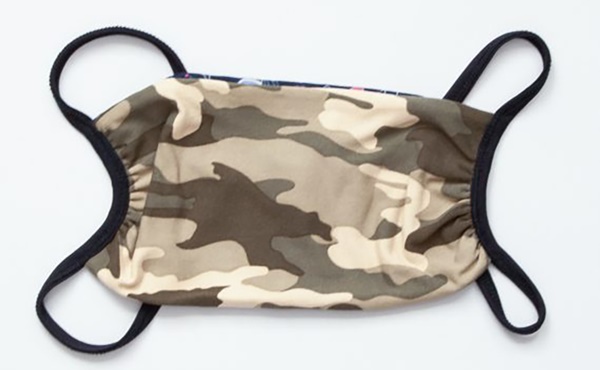
Supplier Buxton Hanley now offers face masks from Design Team and Sexy Socks, which started making fabric masks to keep staff employed. Both companies are also giving a percentage of the masks and the proceeds to the disadvantaged communities from which most of their staff originate.
Design Team’s masks are made with 100 per cent cotton and feature a side opening into which a filter or third layer can be inserted. They have a shaped fit and cotton blend ties to secure the masks tightly and make them adjustable.
Sexy Socks’ masks are made with 94 per cent viscose and six per cent spandex fabric from offcuts that would otherwise have been destined for landfill. They feature elastic loops to secure the masks in place.
While it is not the intention of either company for this to become a long-term range, they are both very pleased to be in a position to genuinely help people who desperately need that help both in terms of financial support and supplies. It may not be a permanent pivot, but it certainly has been a perfect one.
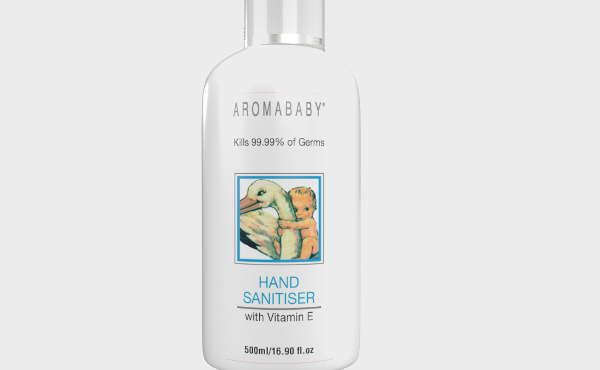
Retailer Wheel and Barrow has also jumped onto the sanitiser bandwagon and has partnered with Bickfords. The company makes alcoholic drinks and has access to the ethanol required to make sanitiser, which is now sold through the Wheel and Barrow brand exclusively.
So what else are businesses doing besides pivoting? Social media has become very important and this seems to be the perfect time to take advantage of all this platform can offer for little to no cost.
#buyonething social media campaign encourages everyone to support gift shops around Australia to keep all retail shops operating during the covid-19 shutdowns and to encourage sales (via websites, Facebook, call us, manual orders and by visiting the bricks & mortar shop if you are still open).
Dreamfarm business development manager, Cate McDermott, says a lot of their retailers are calling them asking for their image library link because Covid-19 has forced them to either update their websites, or build one for the very first time.
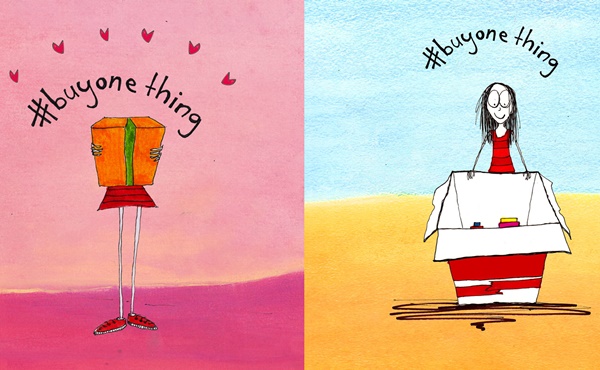
“Many are now also recognising the importance of staying front of mind with their customers on social media, but coming up with fresh content every day is challenging―which is where we’re trying to help with beautiful images and (hopefully) witty captions,” she says.
“Each week we supply them with 10 new Instagram-worthy images complete with clever captions and hashtags.”
To further support its customers, Dreamfarm has introduced a Drop Ship Program as well as a Retailer Credit Program. Retailers should send through orders and the company will drop ship at wholesale prices. This is for retailers who can still take orders but either their store or warehouse is closed. There is a $2 drop ship fee per order and a $7 flat shipping charge.
They do say that necessity is the mother of all invention, adds McDermott as she has seen several of her customers introduce new services.
“A few of our retailers such as The Lemon Tree in Dunsborough WA are offering their own version of ‘click and collect’ but more ‘phone it in and we’ll bring it to you in the carpark’ sort of services so customers don’t have to come into shopping centres. A lot of people are also offering free local home delivery.”
But also outside the gift industry businesses have been very creative, she says.
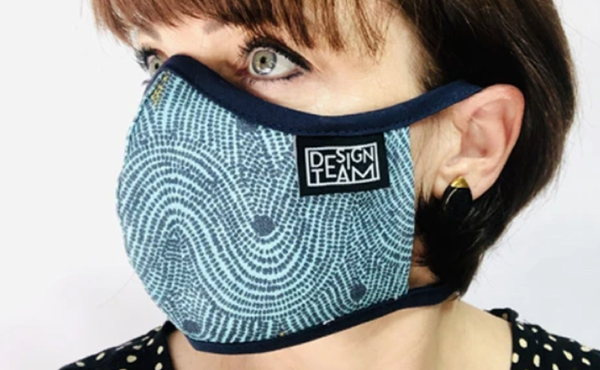
“In a non-gift industry sphere, I’m seeing people with coffee carts set up in their driveways on my way to work. People that would normally drive to an office building and set up in the carpark in the morning are just setting up in their front yards because office buildings are closed. There are two along my 15-minute commute.
“Also, one of my favourite Italian restaurants up here is selling pasta. An Italian restaurant selling pasta, who cares? But I mean they’re selling dry goods they normally use to make their dishes but just as dry goods―tinned tomatoes, packets of dry pasta… It’s the stuff that’s on the supermarket shelves for all of two seconds (and limited to two packs per person) so they’re ordering it wholesale from their regular suppliers in their regular amounts but instead of cooking it, they’re just selling it at a fair retail price and letting people buy as much as they want.
“Business is way down for cooked food (obviously) but they’re supplementing their income by selling people what they can’t get at Coles. Genius!”



